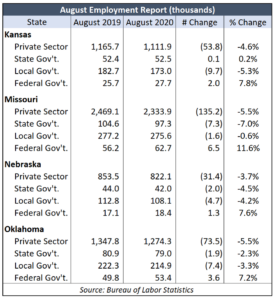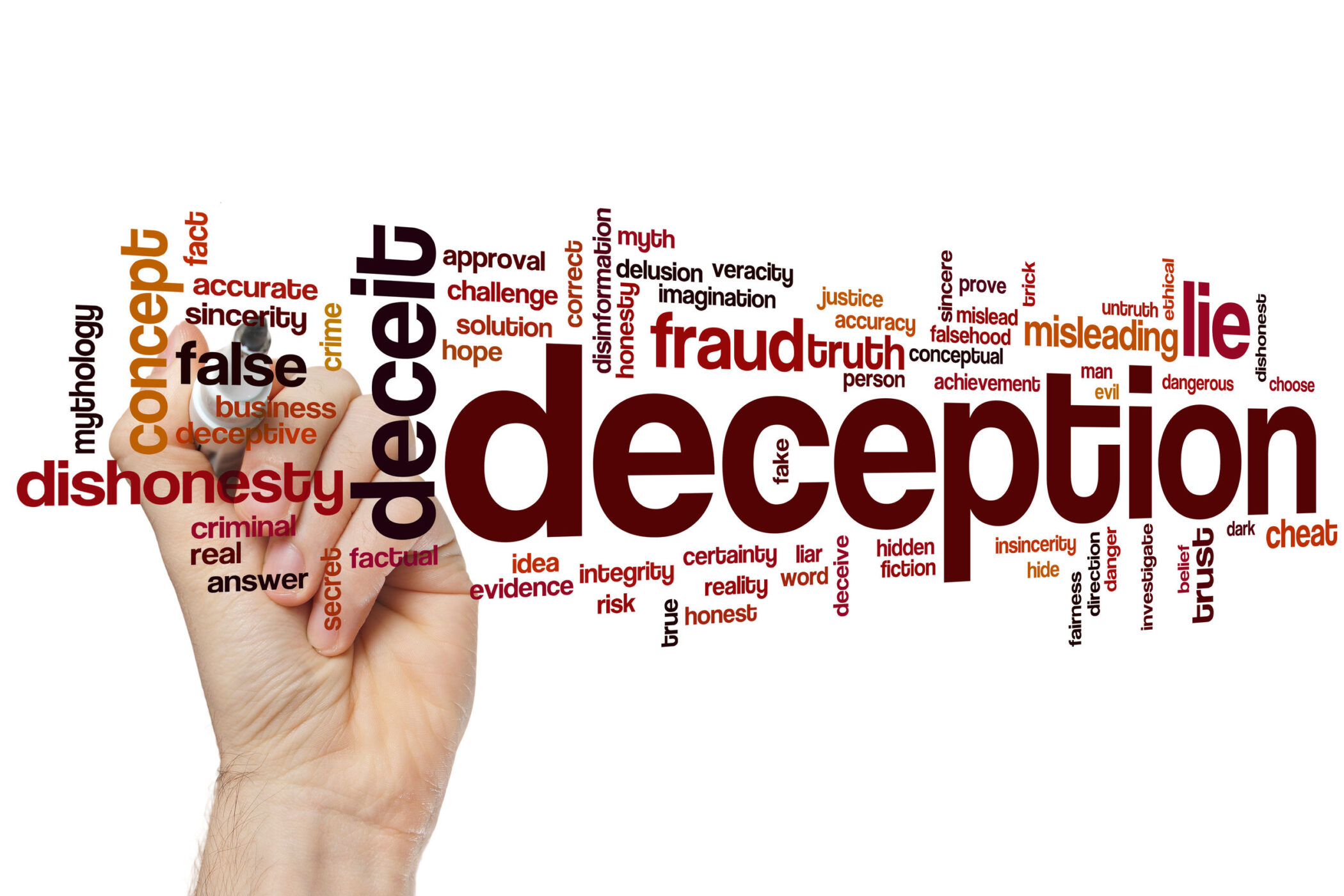A bad August jobs report would be front-page news if Kansas had a Republican governor, but mainstream media apparently has no interest in reporting economic shortfalls under Laura Kelly’s reign.
Results released last week by the Kansas Department of Labor and the Bureau of Labor Statistics show there were 53,800 fewer private-sector workers in August compared to a year ago. But Governor Kelly is still protecting state employees; Kansas had one hundred more state employees in August than last year.
 Local government jobs in Kansas down 5.3% from a year ago, with 9,700 fewer people employed, but the federal government added 2,000 jobs in Kansas. The federal gains in Kansas and other states are attributed mostly to Census workers.
Local government jobs in Kansas down 5.3% from a year ago, with 9,700 fewer people employed, but the federal government added 2,000 jobs in Kansas. The federal gains in Kansas and other states are attributed mostly to Census workers.
Kansas added back about 5,000 private jobs compared to July but recovering from the COVID impact and Governor Kelly’s shutdown order is very slow; there are still 62,000 fewer private workers employed than in February.
Missouri had about 135,000 fewer private-sector workers than last August, for a decline of 5.5%. But unlike Kansas Governor Laura Kelly, Republican Governor Mike Parson reduced state government jobs by 7%, with 7,300 fewer than last year.
Nebraska Governor Pete Ricketts, also a Republican, cut 2,000 state government job, with employment 4.5% lower than last August. The state’s 3.7% private-sector loss of 31,400 jobs is the smallest among the four states, perhaps not coincidentally because Gov. Ricketts didn’t impose a statewide COVID shutdown in the Spring.
In Oklahoma, Republican Governor Keven Stitt reduced state jobs by 2.3%, with 1,900 fewer than a year ago. The state lost 73,500 private-sector jobs, for a decline of 5.5%. Local government jobs were down 3.3%, with 7,400 fewer workers.
Kansas was behind pre-COVID
The private-sector job loss is especially worrisome for Kansas because the state wasn’t in good shape before COVID hit.
Kansas only added 14,400 private jobs between 2016 and 2019, or just 1.3% more over a three-year period. Among the 50 states, Kansas was ranked #44.
Perhaps not coincidentally, job growth slowed down considerably following income tax hikes imposed in 2017 and 2018. Last year, Governor Kelly vetoed a bill that would have offset a backdoor income tax hike from the federal tax relief measure.
Now Kansans face another potential tax increase, as the state has a $1.5 billion budget deficit for the fiscal year starting next July and Governor Kelly is not reducing the state’s operating costs.


